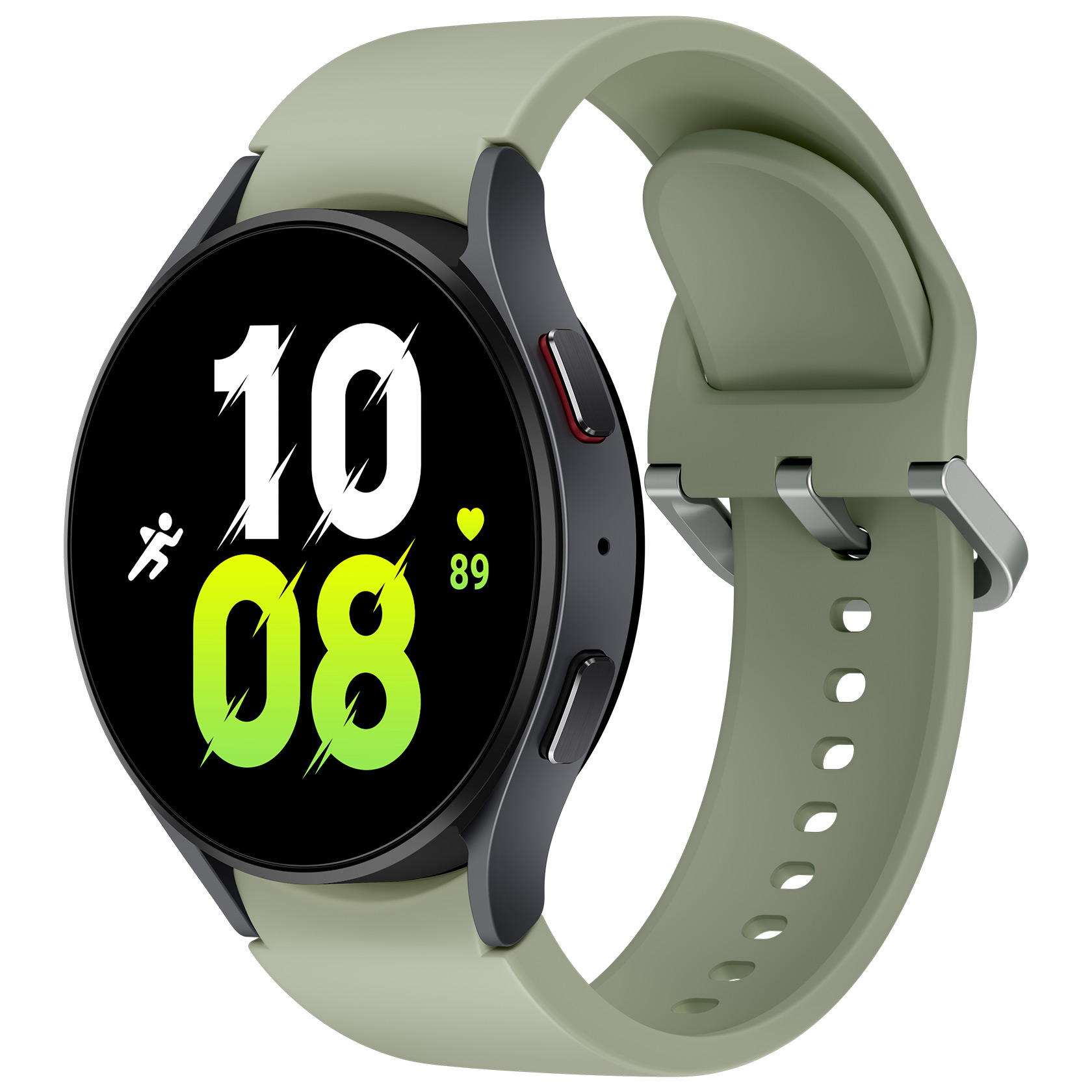What you need to know
- India is reportedly mulling two types of charging standards for electronic devices.
- A single charging solution is being considered for wearable devices, along with existing plans to adopt USB-C as a universal standard for smartphones.
- The country’s plan will likely be in line with the EU’s goal of rolling out common charging standards for electronic products by 2024.
Smartphones aren’t the only electronic devices getting a universal charging standard in India, as the country’s Department of Consumer Affairs appears to be planning to add wearables to the list of devices that could abandon varying charging methods.
According to Press Trust of India (opens in new tab) (PTI), a senior consumer affairs official has confirmed that India’s government is considering mandating a universal charging solution for wearable devices, including smartwatches (via SamMobile (opens in new tab)). This was a part of the discussion between consumer affairs officials and industry stakeholders last month. During the same meeting, industry stakeholders agreed to standardize the USB-C charging solution for smartphones, tablets, and laptops.
However, it is unclear what type of charging port India’s market regulators intend to use for wearables. It’s a safe bet that the industry will choose a solution that is already widely available on the market, such as a flat charging dock or pogo pins.
Many of today’s best Android smartwatches, such as Samsung’s Galaxy Watch 5 or Google’s Pixel Watch, use either of these solutions, contributing to the current lack of standardization for wearable charging methods.
The proposed standardization may force Apple and Samsung to part ways with their proprietary chargers for wearables, at least in India. And it’s only a matter of time before this as-yet unknown standard spreads to other countries. For the industry as a whole, this will mean the rise of two types of universal charging ports for consumer devices.
As for when the common charging method makes its way to consumers, Consumer Affairs Secretary Rohit Kumar Singh told PTI: “We have to align with the European Union (EU) timeline i.e. 2024 because the mobile and electronics makers have a global supply chain and they don’t supply to India alone.”
The Indian Institute of Technology-Kanpur is currently researching a single charging solution for wearables. Following the completion of the research, proposals will most likely be discussed by industry stakeholders before we learn more about the plan.

The Galaxy Watch 5 has a comprehensive suite of health sensors, and is far less expensive than you’d expect, particularly the 4G/LTE version. It still supports Wear OS and gives you full access to Google apps and the Play Store.